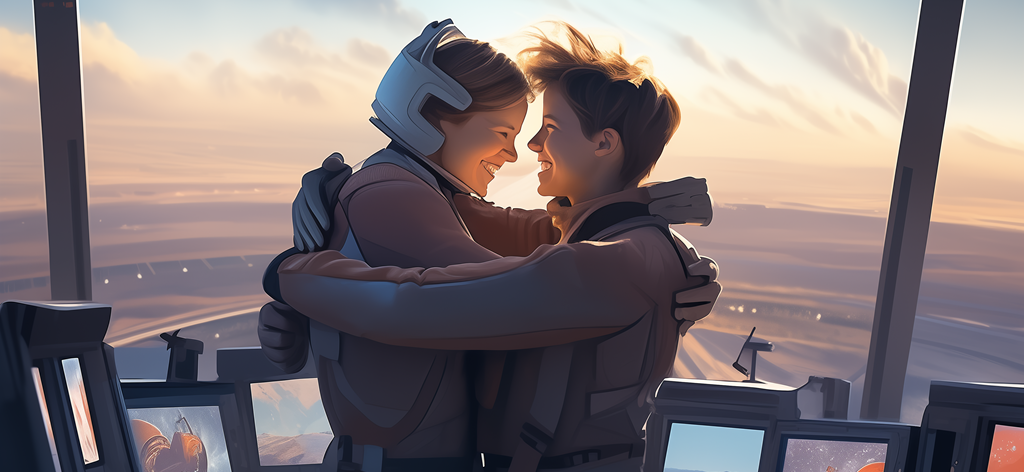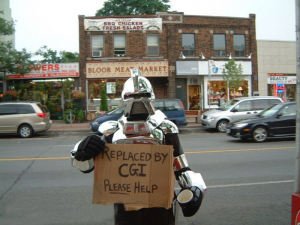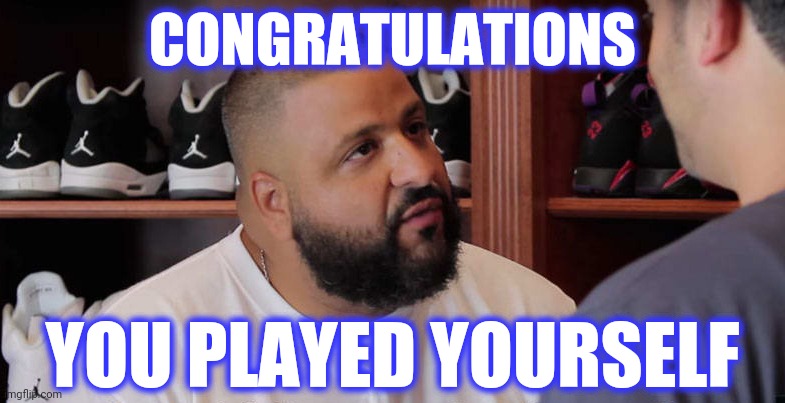
In the week since I posted Part One of this train of thought, I had a couple of conversations that reinforce what I’m saying about the sci-fi community messing itself up. Today, let’s discuss Sci-fi Purity Culture.
It works like this: One conversation took place on Reddit itself and the other took place with one of the friends I can – because of my disability – have a normal chat with. “What did you think of Rogue One?” I asked.
“Oh,” he said. “I liked it … but there were a lot of people who were disappointed. They felt like all it did was focus on the one plot point and then …”
“Oh man,” I shook my head. “There it is again, Sci-fi Purity Culture.”
“What purity culture?”
 Sci-fi Purity Culture
Sci-fi Purity Culture
I told him my theory of Sci-fi Purity Culture.: that completely unnecessary game played out by geeks. The purity culture manifests itself in various forms, but I’m sure you know what it is:
- Any new form of science fiction conform to a specific rule set of quality before it can be considered ‘good’ sci-fi.
- This rule set is subject to change without explanation or notice.
Failing this purity culture has real consequences. For example, I got a little bit of hate for my review of Passengers but the box office hurt a lot more. The movie’s doing well overseas I guess, it’s up to $178M but it’s still considered a failure by many. We can debate what caused Passengers to fail to launch, but in the end, it doesn’t matter. Mainstream media will be that much more afraid to invest in new, original science fiction because we decided that Passengers fell outside of our purity culture.
That’s not to say that purity doesn’t have value. After all, if we aren’t allowed to decide that BSG is good while Battlefield: Earth is bad, we might as well hang up our cloaks and D20s right now. The problem is that Sci-fi Purity Culture is very boolean, and has little tolerance for gray areas. Also, purity cultures are incredibly subjective with no accountability or self-awareness. Millions of Star Wars fans threw their lunch money behind the Prequels at a time when nerds like myself were going “This sucks … we deserve better.” Years later, the nerd populace is now willing to admit that, yeah, the Emperor wore no clothes. Now we make fun of the Prequels as a national past-time. Nobody wants to admit that they should have known better.
Perfect is the Enemy of Good
Make no mistake, sci-fi is on the verge of losing itself. Mainstream media companies know that we’re a bunch of hypocrites. They also know that science fiction creators and consumers are often the same people, inhabiting same online spaces. Those forums often become hugboxes filled with echo chambers, groupthink, and cognitive dissonance. When Hollywood encounters those spaces, they don’t try to understand us. Instead, they sit back and go, “You know … for right price, we can drown them out,” and then they do. Tens of millions of dollars in ad spending can more than make up for angry geeks going ‘this isn’t the kind of sci-fi we were expecting.’ All of that energy, all of those resources … they need to be focused in more productive ways.
 Case in point, while I was discussing Part One of this thread on Reddit, I had a number of very passionate people commenting to agree or disagree. I was in the process of responding to them when Reddit exploded as the Dr. Chuck Tingle, Hugo-Nominated Writer AMA got underway.
Case in point, while I was discussing Part One of this thread on Reddit, I had a number of very passionate people commenting to agree or disagree. I was in the process of responding to them when Reddit exploded as the Dr. Chuck Tingle, Hugo-Nominated Writer AMA got underway.
After that, I didn’t need to say anything; circumstances proved my point far better than anything else I could say. While we discuss and debate, guys like him walk off with the store. I actually have no problem with Chuck Tingle. You can’t blame him for being the Joker to our Gotham City. Tingle is a troll who trolls the trollers, but he (or she …) wouldn’t exist if the sci-fi community embraced any kind of social responsibility.
How Sci-fi Purity Culture Kills Sci-Fi
And as long as issues like the Sci-fi Purity Culture exist, the sci-fi community never will. As long as we focus on arguing about whether Star Wars is sci-fi or fantasy, and why Neil DeGrasse Tyson is no longer our hero, we’re straining out the gnat and gulping down the camel. We’re obsessed about fulfilling the letter of the law, but not the spirit. Meanwhile, bad actors will continue to overwhelm our socially-irresponsible community. Science fiction will lurch from crisis to crisis until it implodes.
To anyone who says ‘that can’t happen,’ take a look at the NFL or the British theatrical industry. Any institution is completely capable of being conquered, especially when it has gone out of its way to destroy itself from within. After all, cancer doesn’t kill the body by cells dividing, it kills the body by killing the function of a major organ, or metastasizing to affect many other organs simultaneously.
Right now, the sci-fi community and genre are under attack by mutant cells and either we fix that by treating the disease or we wait until it metastasizes and then we see if we can live without our lungs. My hope is to draw attention to the need to make the science fiction community socially responsible, and something that nourishes itself at the roots up, rather than the top down. After all, if we don’t, we will end up with the top of the pyramid and nothing beneath.



 Sci-fi Purity Culture
Sci-fi Purity Culture

